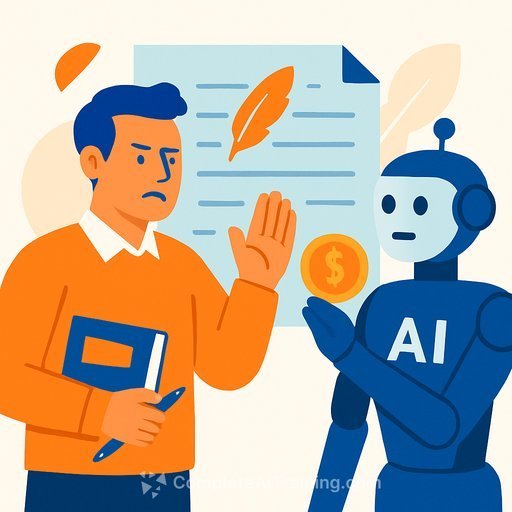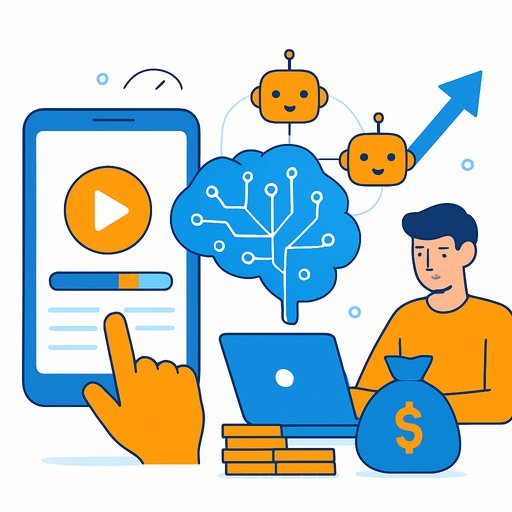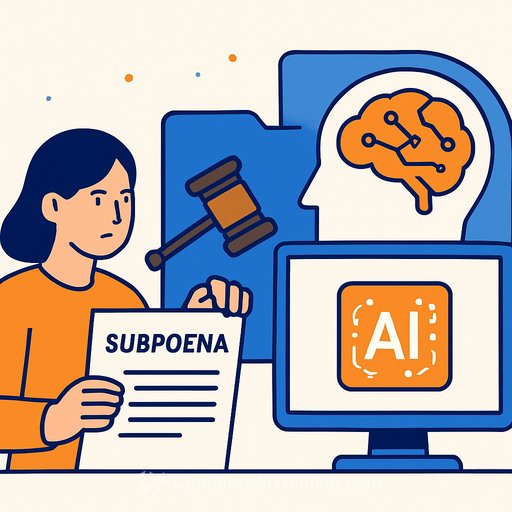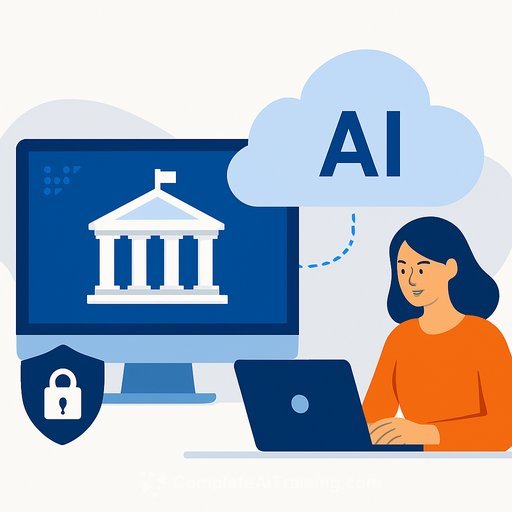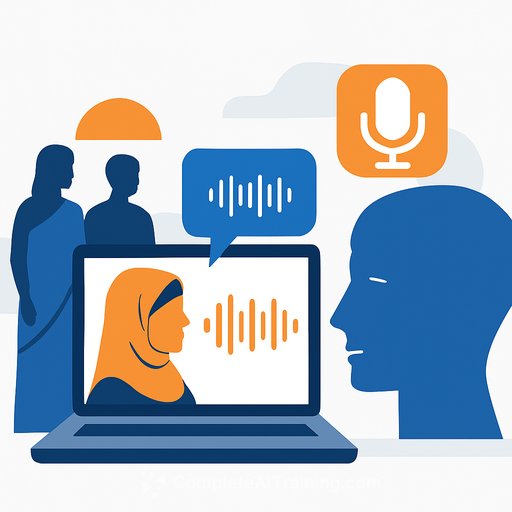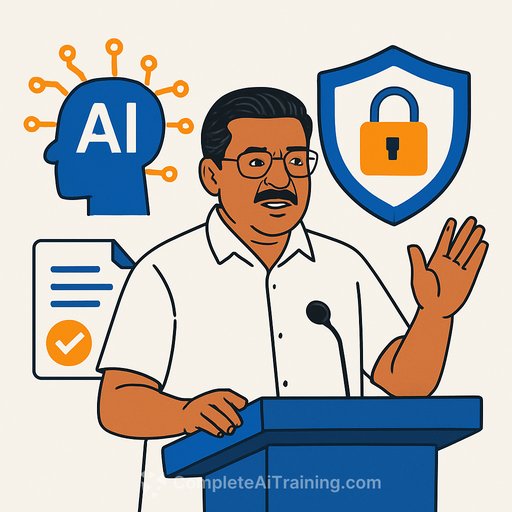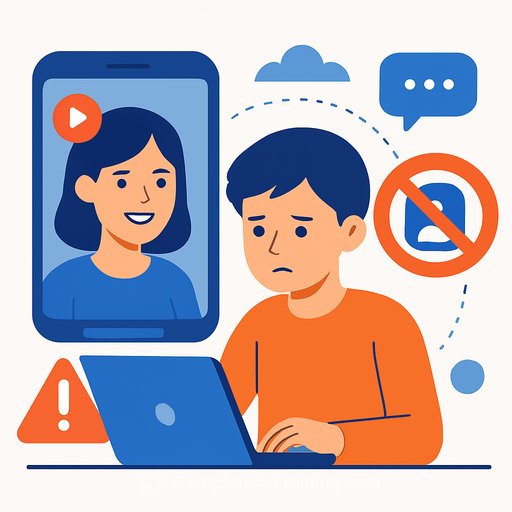Australia rules out copyright exemption for AI training: what it means for creatives and government
The Albanese government has ruled out giving tech companies free access to Australian creative content to train AI models. Attorney general Michelle Rowland will confirm the decision on Monday, closing the door on a proposal raised by the Productivity Commission and backed by several tech leaders.
Rowland put it plainly: "Australian creatives are the lifeblood of Australian culture, and we must ensure the right legal protections are in place."
What changed
The Productivity Commission's interim report on data and the digital economy floated a broad copyright exemption for text and data mining by AI developers. Industry voices rallied behind the idea, arguing it would supercharge investment.
The response from creatives was swift. First Nations rapper Adam Briggs warned it would be "hard to get the genie back in the bottle" if companies were granted access without fair compensation. Author Anna Funder argued large-scale AI is being built on the "wholesale, unauthorised appropriation" of creative work.
At a parliamentary inquiry, the Commission admitted it had not consulted creatives or modelled the impact before publishing. Greens senator Sarah Hanson-Young said the agency had "misread the value of the creative industry." Unions called the proposal a path to "rampant theft."
The government's position
No blanket text and data mining exemption. Full stop.
Rowland will convene the government's copyright and AI reference group to explore options that protect creators while enabling AI development. On the table: moving from voluntary arrangements to a paid licensing framework under the Copyright Act.
"AI presents significant opportunities for Australia and our economy; however, it's important that Australian creatives benefit from these opportunities too," Rowland said.
What this means in practice
- No free rein for AI scraping of Australian content. Copyright still applies to training uses.
- Licensing remains the pathway for AI model training on protected works.
- Government is considering a paid, standardised licensing framework to replace voluntary deals.
- Compliance, provenance, and record-keeping will matter more for AI developers and data vendors.
Industry reactions
The Australian Recording Industry Association called the move a "critical step in the right direction." CEO Annabelle Herd said: "Current copyright licensing structures work... IP laws are what tech companies rely on to protect and monetise their products, and they drive innovation."
Herd added: "Artists deserve the right to decide how their work is used and to share in the value it creates. Protecting that agency is how we safeguard Australia's creative sovereignty and keep our culture strong."
Media organisations backed the decision. A spokesperson for Guardian Australia said it recognises that Australian copyrighted content "deserves protection and payment," and urged a fair licensing regime with genuine value exchange. News Corp Australasia's executive chair, Michael Miller, said the government made the "correct decision," adding that upholding the creator's right to control access and payment "ensures effective market outcomes."
For creatives: steps to take now
- Audit your catalog and rights. Clarify who can license what, and on what terms.
- Prepare AI-use licensing policies. Define pricing, consent requirements, attribution, and transparency expectations.
- Join collective bodies. Coordinate with associations to negotiate fair terms and enforcement.
- Use clear rights notices and metadata. Make permitted uses obvious and trackable.
For government and public sector teams
- Set procurement rules that require data provenance, licensing attestations, and audit trails from AI vendors.
- Budget for content licensing where training or fine-tuning uses protected works.
- Engage with the reference group and industry stakeholders to stress-test any licensing framework for real-world adoption.
- Prioritise First Nations cultural protections and consent protocols in any new policy settings.
For AI developers and tech companies
- Stop assuming fair use equivalents apply in Australia. They don't.
- Shift to licensed datasets or documented opt-in sources with clear provenance.
- Maintain detailed records of training data sources to support compliance and audits.
- Explore collective licensing solutions that reduce transaction costs at scale.
What to watch next
- The copyright and AI reference group's outcomes this week.
- Details of any move to a paid licensing framework: scope, rates, enforcement, and small-business impacts.
- How public agencies and major platforms operationalise provenance, consent, and compensation.
Resources
- Attorney-General's Department: Copyright
- Productivity Commission
- AI upskilling for creative and policy teams
Your membership also unlocks:

